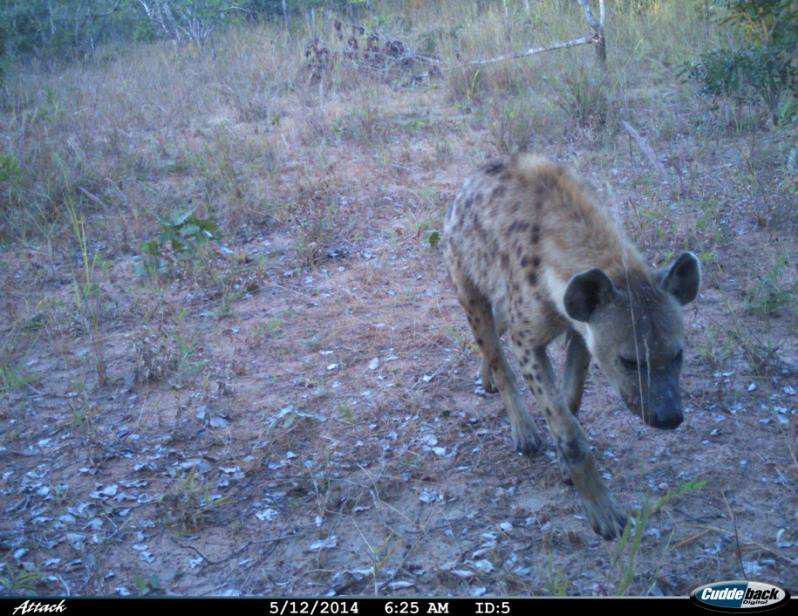Emma Louise Stone
We aim to conduct the first assessment of the status and distribution of the wild dog population in Malawi, raise awareness of wild dogs and their conservation in communities, and build capacity for conservation and research.

The African wild dog (Lycaon pictus) is one of Africa’s most endangered carnivores. Wild dogs have undergone severe declines in the last 50 years and viable populations are believed to be limited to only six of 34 previous range countries. The causes of decline are habitat fragmentation, human-wildlife conflict and competition with other predators (Creel & Creel 2002).
The conservation of remaining wild dog populations is outlined as the highest priority for the conservation of the species (Woodroffe et al. 1997). The wild dog conservation action plan recommends the important first step in devising strategies for wild dog conservation is to survey their distribution and status. Despite regular sightings in Kasungu National Park (KNP) and its potential importance as a viable population, to date no comprehensive studies have been conducted on wild dogs in Malawi.
Research is urgently required to assess the status of the population and determine the site-specific ecological factors limiting wild dogs to facilitate the conservation of this species in Malawi. We will conduct a crucial first assessment of the status and distribution of the wild dog population in Malawi. We will establish the only long-term wild dog ecological study, threat assessment and conservation program in Malawi, build capacity conservation and raise awareness of the importance of wild dogs and their habitats.